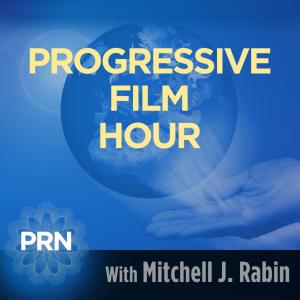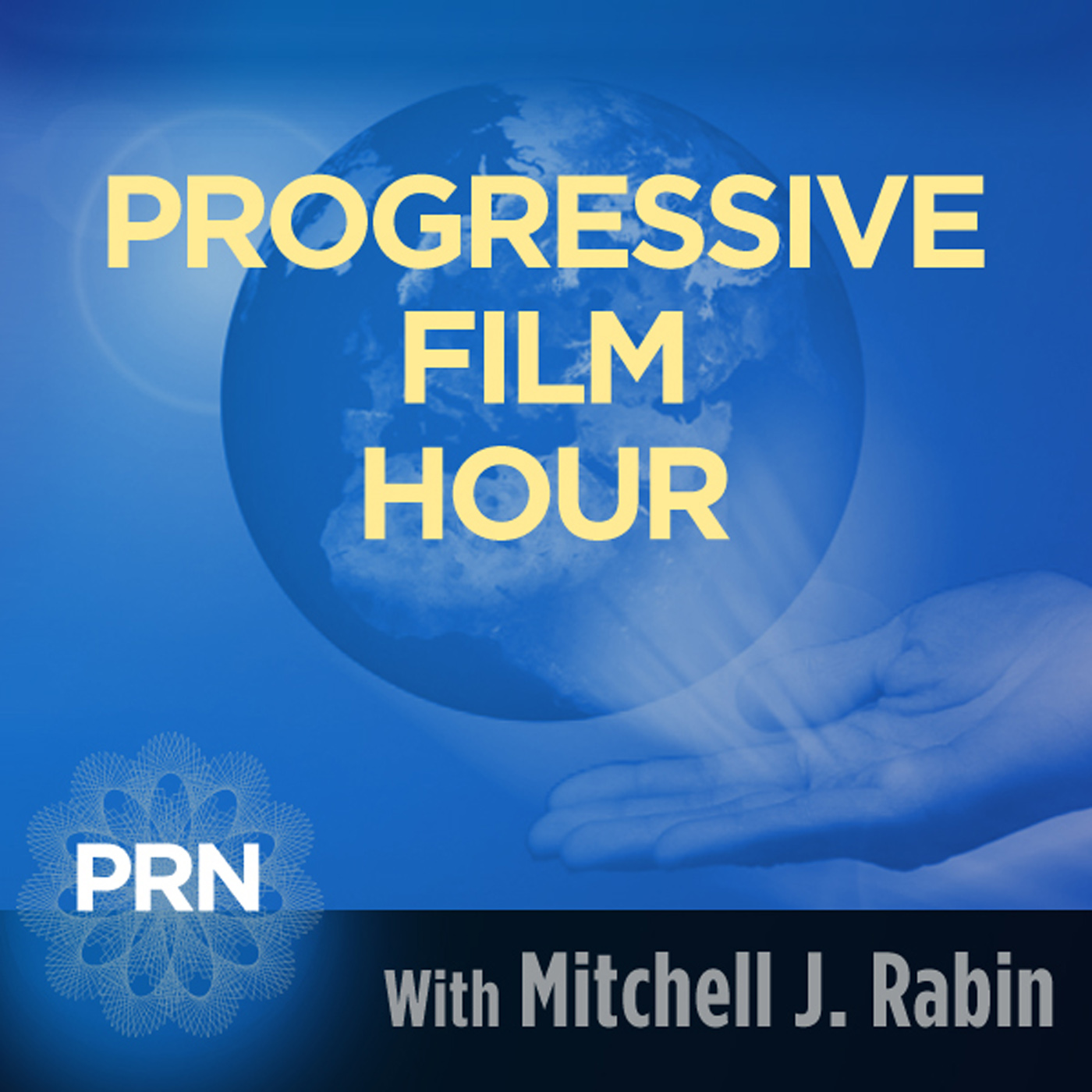Episodes

Tuesday Oct 21, 2014
Progressive Film Hour - Taking Root - 10/21/14
Tuesday Oct 21, 2014
Tuesday Oct 21, 2014
This week's film is Taking Root: The Vision of Wangari Maathai.
Taking Root tells the dramatic story of Kenyan Nobel Peace Prize Laureate Wangari Maathai whose simple act of planting trees grew into a nationwide movement to safeguard the environment, protect human rights, and defend democracy—a movement for which this charismatic woman became an iconic inspiration.
To discuss the film, the life of Nobel Prize Laureate Wangari Matthai and the exemplary environmental and community-building work she did in Africa are the filmmakers, Lisa Merton and Alan Dater. More on Wangari Matthai's life, go to: http://www.biography.com/people/wangari-maathai-13704918#early-life-and-education.
Alan Dater graduated from Goddard College in 1965 with a B.A. in Philosophy. He began his film career in New York City shortly thereafter working on documentaries as a freelance soundman and later as a director/cameraman. Many of these productions were broadcast on the major U.S. networks and include: span, an Emmy Award-winning medical documentary series for NBC;The Body Human, an Emmy Award-winning medical series for CBS; andNational Geographic Specials. He has gained extensive experience in film and video from working on many productions on the arts, social issues, and education as well as for the corporate world. These productions include the feature film Hi Mom directed by Brian De Palma starring Robert De Niro; and a documentary about the country singer Johnny Cash entitled Johnny Cash: The Man, His World, His Music. After moving to Vermont he continued his freelance career and began producing independent films. Often these films focused on the arts. They include: The Stuff of Dreams, the story of a community theater group’s creation of an elaborate, original production of Shakespeare’s The Tempest, shown at INPUT in Milan; and Blanche, a portrait of the conductor, Blanche Honegger Moyse, one of the founders of the Marlboro (Vermont) Music Festival.
 Lisa Merton started out her career as a weaver. She studied textile design and weaving in Scandinavia and, after returning to the U.S., worked professionally as a weaver for ten years. While studying in Norway she was inspired by a series of tapestries that depicted the occupation of Norway by the Nazis. Her intent was to weave tapestry and use it as an art form for social change but instead she ended up as a production weaver. It was not until she started making films in 1989 that she fulfilled her intent to weave images that could inspire social change. She has a Masters in Teaching English and has taught English as a second language in multi-cultural classrooms. She brings her interest in education, cultural diversity, and social change, as well as her skill as a craftsman, to the filmmaking process.
Lisa Merton started out her career as a weaver. She studied textile design and weaving in Scandinavia and, after returning to the U.S., worked professionally as a weaver for ten years. While studying in Norway she was inspired by a series of tapestries that depicted the occupation of Norway by the Nazis. Her intent was to weave tapestry and use it as an art form for social change but instead she ended up as a production weaver. It was not until she started making films in 1989 that she fulfilled her intent to weave images that could inspire social change. She has a Masters in Teaching English and has taught English as a second language in multi-cultural classrooms. She brings her interest in education, cultural diversity, and social change, as well as her skill as a craftsman, to the filmmaking process.
Green Belt Movement
Maathai sought to end the devastation of Kenya's forests and lands caused by development and remedy the negative impact that this development had on the country's environment. In 1977, she launched the Green Belt Movement to reforest her beloved country while helping the nation's women. "Women needed income and they needed resources because theirs were being depleted," Maathai explained to People magazine. "So we decided to solve both problems together."
This film is the most comprehensive, in-depth film about Wangari Maathai available. It was made in close collaboration with her during the last decade of her life.


No comments yet. Be the first to say something!